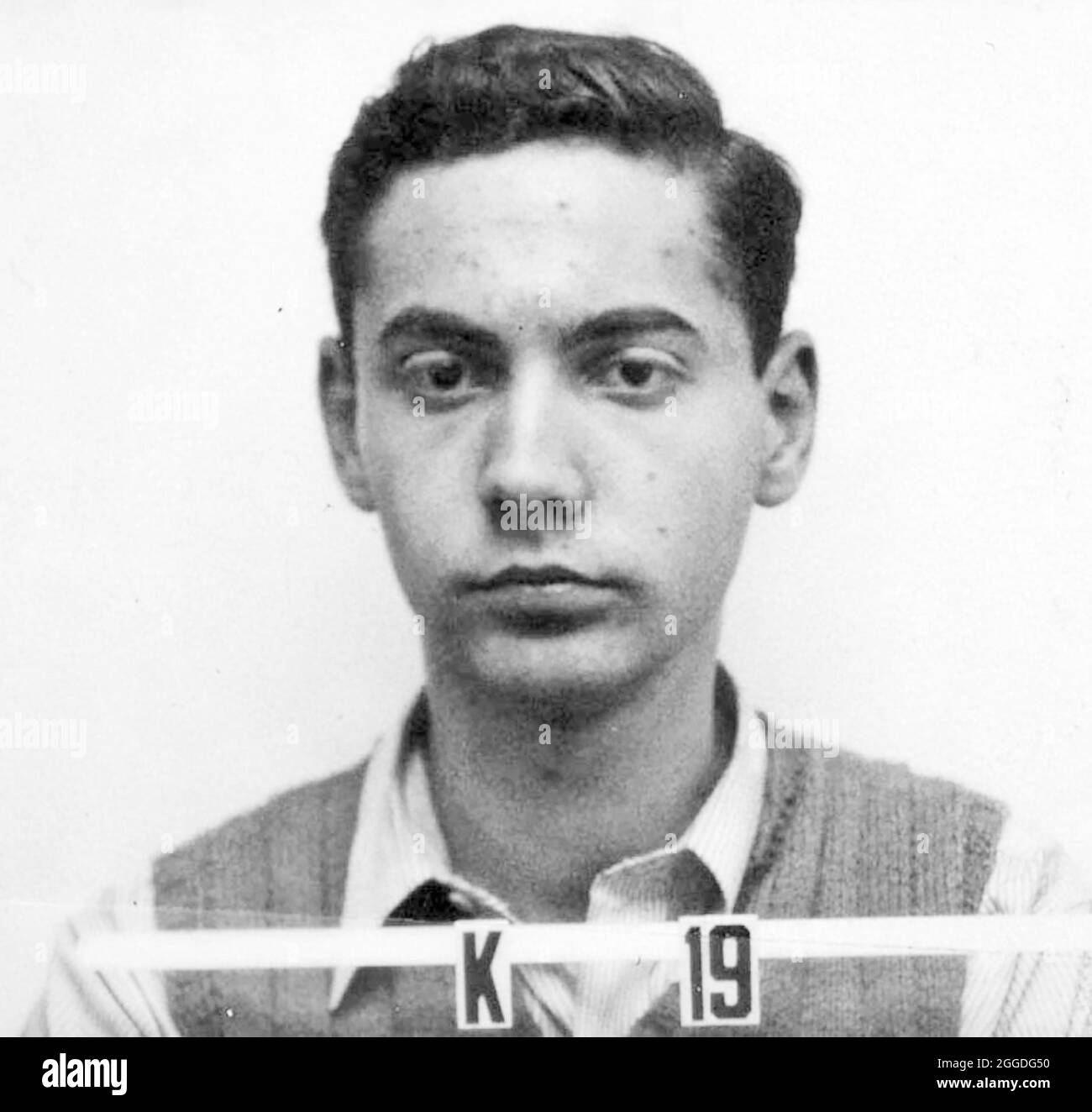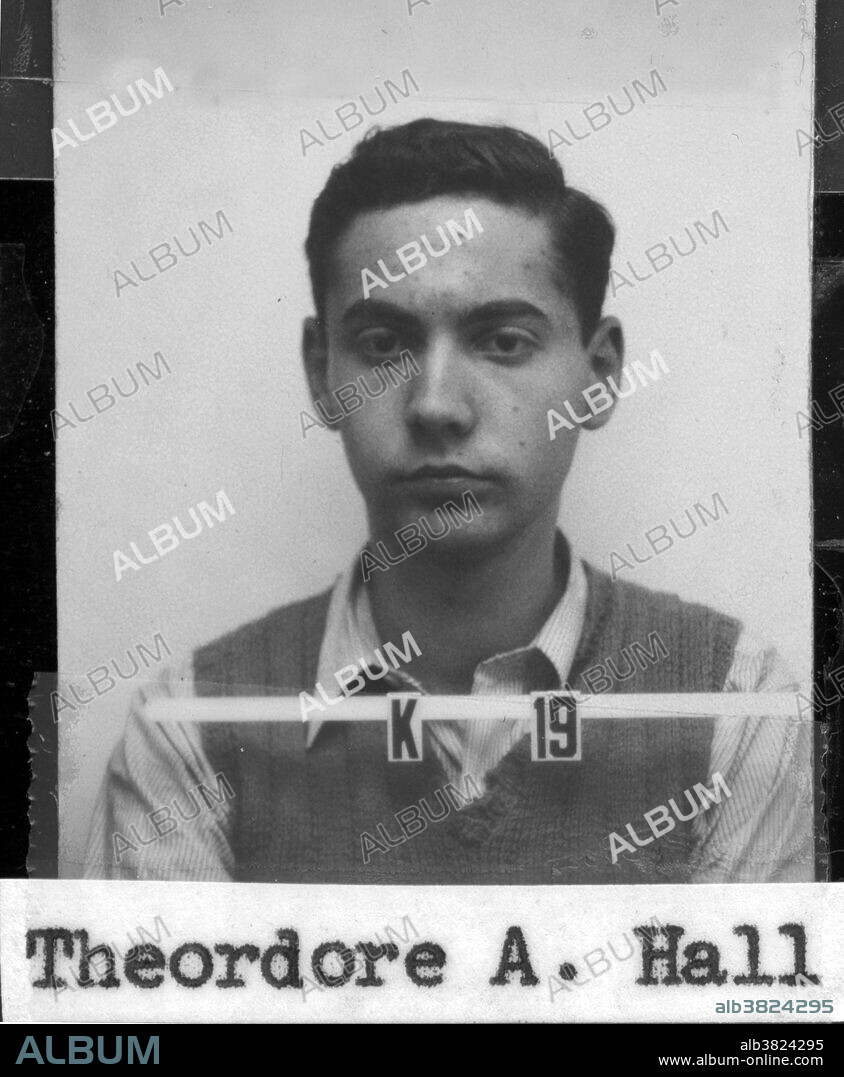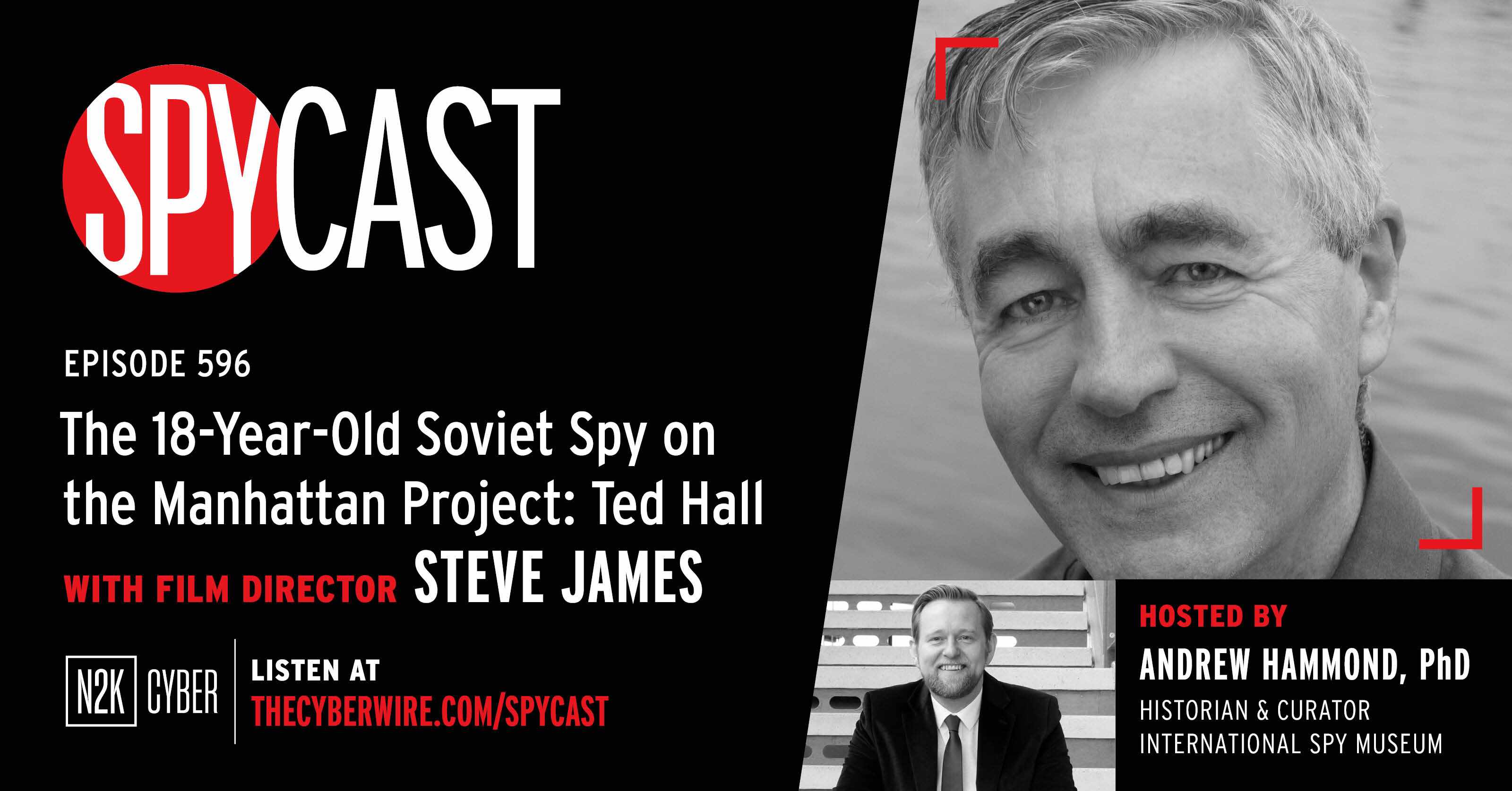
Theodore Hall is a name that frequently fades into obscurity when discussing the monumental events of the Manhattan Project, often overshadowed by the more widely recognized figures who played pivotal roles in the development of the atomic bomb. However, Hall’s story is one that deserves attention, as it is filled with intrigue, intellectual brilliance, and profound moral complexity. Born in 1925, Hall was a gifted scientist who, at a remarkably young age, became involved in the top-secret project during World War II. His contributions were significant, but they were also accompanied by ethical dilemmas that would haunt him for the rest of his life. So, who exactly was Theodore Hall, and why is his story important in the context of history? To truly appreciate the impact of his actions and the moral questions they raise, we must delve deeper into the life and legacy of this extraordinary individual, exploring not only his scientific achievements but also the ethical implications of his choices during a time of global conflict.
Early Life: A Prodigy in Queens

Born to Stand Out
Theodore Hall entered the world on **October 20, 1925**, in the vibrant neighborhood of **Far Rockaway, Queens, New York**. From an early age, it was clear that he was destined for greatness, as he displayed remarkable intelligence and an insatiable curiosity about the world around him. By the time he reached the age of just **14**, he had already completed high school, a feat that is nothing short of extraordinary. Imagine the brilliance and determination required to achieve such an accomplishment at such a young age! Hall’s early academic success was merely a precursor to the significant contributions he would later make in his life.
Changing Names, Changing Lives
In an effort to navigate the challenges posed by **anti-Semitic prejudice**, Hall and his brother made a pivotal decision to change their surname from **Holtzberg** to **Hall**. This choice was not merely a superficial alteration of their identity; it represented a profound desire to forge a new path in a society that often judged individuals based on their ethnic backgrounds. By adopting a name that would allow them to blend in more seamlessly, they sought to create opportunities for themselves and to escape the stigma that could hinder their aspirations. This act of renaming was a courageous step toward shaping their futures in a world that frequently imposed limitations based on heritage.
Academic Journey: From Queens to Harvard

Finding His Path
After successfully passing the rigorous entrance exam for **Columbia University**, Hall made the unconventional decision to enroll at **Queens College** instead. This choice allowed him to explore his academic interests in a different environment before ultimately transferring to the prestigious **Harvard University**. Remarkably, at the young age of just **18 years**, he completed his studies and graduated with a degree in **physics**. His journey through higher education exemplifies a remarkable trajectory of achievement, showcasing his dedication and intellect. Hall’s swift ascent through the academic ranks is a testament to his hard work and determination, setting the stage for his future endeavors.
The Call to Arms: Joining the Manhattan Project
In January **1944**, Hall took a significant step in his career by reporting to **Los Alamos, New Mexico**, where he became the youngest member of the highly secretive **Manhattan Project**. This groundbreaking initiative was tasked with the monumental responsibility of developing the **atomic bomb**, a project that would ultimately alter the course of history. As a young physicist, Hall found himself at the forefront of scientific innovation during a pivotal moment in time. His contributions to the project not only showcased his exceptional talent but also placed him in the midst of a transformative period that would have lasting implications for the world. The work he engaged in at Los Alamos was not just a job; it was a call to arms in a global conflict, and Hall rose to the occasion with remarkable resolve.
The Manhattan Project: A Turning Point

Designing the Future
Hall’s team played a pivotal role in the intricate process of designing an **implosion device**, a critical component that would ultimately trigger the explosion of the plutonium core within the atomic bomb. This design was not merely a technical challenge; it was a monumental task that carried immense responsibility and ethical implications. The successful testing of this device during the **Trinity Test** on **July 16, 1945**, marked a significant milestone in the history of nuclear physics and warfare. One can only imagine the immense pressure and weight of responsibility that Hall and his colleagues felt as they contributed to such a groundbreaking yet terrifying advancement in technology, knowing that their work would change the course of history forever.
From Scientist to Spy
As Hall immersed himself deeper into the project, he began to grapple with the profound moral dilemmas associated with the development of nuclear weapons. His growing unease about the potential consequences of their use prompted him to reach out to **Saville Sax**, a former college roommate who had established connections within left-wing political circles. Recognizing the urgency of the situation, they arranged a clandestine meeting with a **Soviet intelligence** agent. This pivotal encounter marked the beginning of Hall’s journey into the world of espionage, as he sought to navigate the complex landscape of international politics and the ethical ramifications of his scientific contributions. His decision to engage in such activities reflected a deep internal conflict and a desire to influence the future of nuclear weapons in a way that aligned with his moral beliefs.
Espionage: A Controversial Choice

Sharing Secrets
Hall began passing on critical information about the **Manhattan Project** to the Soviets. He believed that sharing this knowledge would prevent the United States from monopolizing nuclear weapons. Was he a hero or a traitor? That’s a question that still sparks debate today.
The Fallout: Consequences of His Actions
After the war, Hall moved to **Chicago**, where he earned a doctorate in physics. However, his past caught up with him when he and Sax were interrogated by the **FBI** in **1951**. Despite incriminating evidence, no charges were filed. Why? Perhaps the authorities didn’t want to reveal the extent of their intelligence operations.
Life After Espionage: A New Chapter

Severing Ties
Following his interrogation and the conviction of the **Rosenbergs**, Hall distanced himself from left-wing groups and moved back to **New York City**. He took a position at the **Sloan-Kettering Institute for Cancer Research**, focusing on more peaceful scientific endeavors.
A New Home in England
In **1962**, Hall accepted an invitation to conduct research at the **Cavendish Laboratory** in **Cambridge, England**. He worked on **electron microscopy** until his retirement in **1984**. It was a far cry from the world of espionage, but perhaps a necessary escape.
The Legacy of Theodore Hall

Declassified Secrets
In the **1990s**, the U.S. government declassified parts of its postwar decryption program, shedding light on Hall’s espionage activities. He maintained that his actions were driven by youthful idealism, aiming to prevent a nuclear arms race. Was he justified in his actions? That’s a question that continues to provoke thought.
Remembering a Complex Figure
Theodore Hall passed away on **November 1, 1999**, in **Cambridge, England**. His life serves as a reminder of the moral complexities faced by individuals in times of war. He was not just a physicist; he was a man grappling with the weight of his choices.
Table: Key Events in Theodore Hall’s Life

| Year | Event |
|---|---|
| 1925 | Born in Far Rockaway, Queens, New York |
| 1939 | Graduated high school at age 14 |
| 1944 | Joined the Manhattan Project at Los Alamos |
| 1945 | Contributed to the Trinity Test |
| 1949 | Soviet Union tests its first atomic bomb |
| 1951 | Interrogated by the FBI |
| 1962 | Moved to Cambridge, England for research |
| 1984 | Retired from scientific research |
| 1999 | Died in Cambridge, England |

Theodore Hall’s life is a tapestry woven with threads of genius, moral conflict, and historical significance. He was a brilliant physicist who made groundbreaking contributions to science, yet his actions as a spy complicate his legacy. As we reflect on his life, we must ask ourselves: how do we define loyalty, morality, and the pursuit of knowledge? Hall’s story challenges us to think critically about these concepts in a world where the lines between right and wrong are often blurred.

